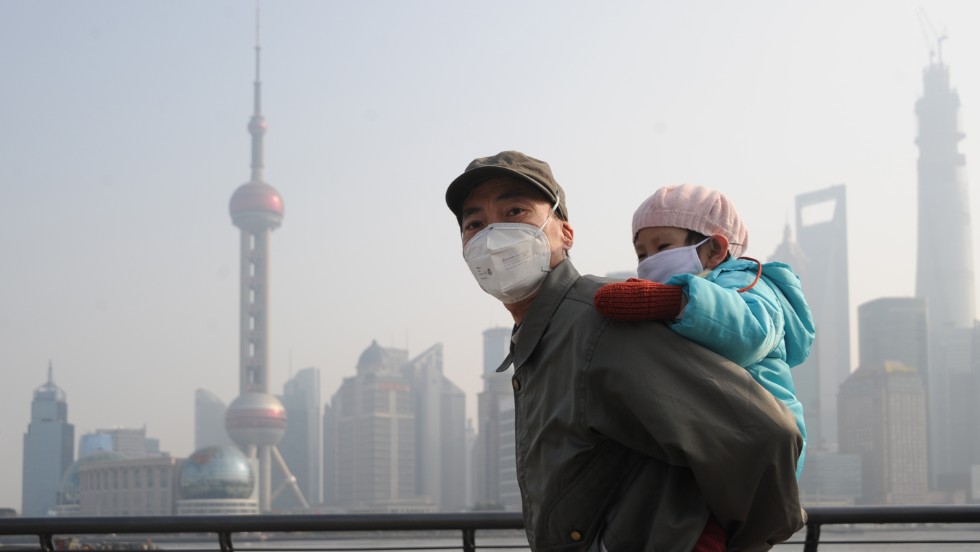Simple Actions to Protect Yourself from Outdoor Air Pollution: Cutting down trees and transportation is the most obvious generator of air pollution, other aspects of your lifestyle also affect a number of emissions you create everything from the products you buy, your behaviors at home and the way you handle household waste.
There is still time, however, to make a difference. With these essential steps, you can start right away to improve the air quality in your outdoor and community and that makes everyone breathe a fresh air.
Here are some things you can do to save yourself from outdoor air pollution-
- Turn off non-essential lights and unplug appliances when not in use.
- Don’t burn such things in your yard. It’s very harmful to burn plastics bags, garbage, cardboard, wrapping paper, particleboard, Styrofoam, painted wood and treated wood.
- Keep your air conditioner and humidifier well maintained. If you using an air conditioner, set it at a moderate temperature, around 22/23 degrees Celsius. When you leave the home, turn the air conditioner down.
- Avoid using diesel powered equipment like lawn mowers and leaf blowers and make your garden pesticides free
- Keep your vehicle well maintained. A poorly maintained engine both generate more air pollution and uses more fuel. Replace oil and air filters regularly, and keep your tires properly inflated.
- Carpooling, bicycling, riding the bus, or working from home can save your money as well as reducing air pollution.
- Take public transportation on high ozone days. It is important to lower the number of cars on the road. Fewer cars will mean less air pollution. You’ll be helping the air and your lungs will be grateful you for it!
- Don’t idle your vehicle. If you stop for more than 30 seconds. By turning your vehicle’s engine off when it isn’t moving, you can save money on gas to protects air to be polluted.
- Don’t buy more vehicles than you need. Four-wheel, all-wheel drive, engine size, vehicle weight, and tire size all influence the amount of fuel your vehicle uses. The more fuel it uses, the more air pollution it causes.
